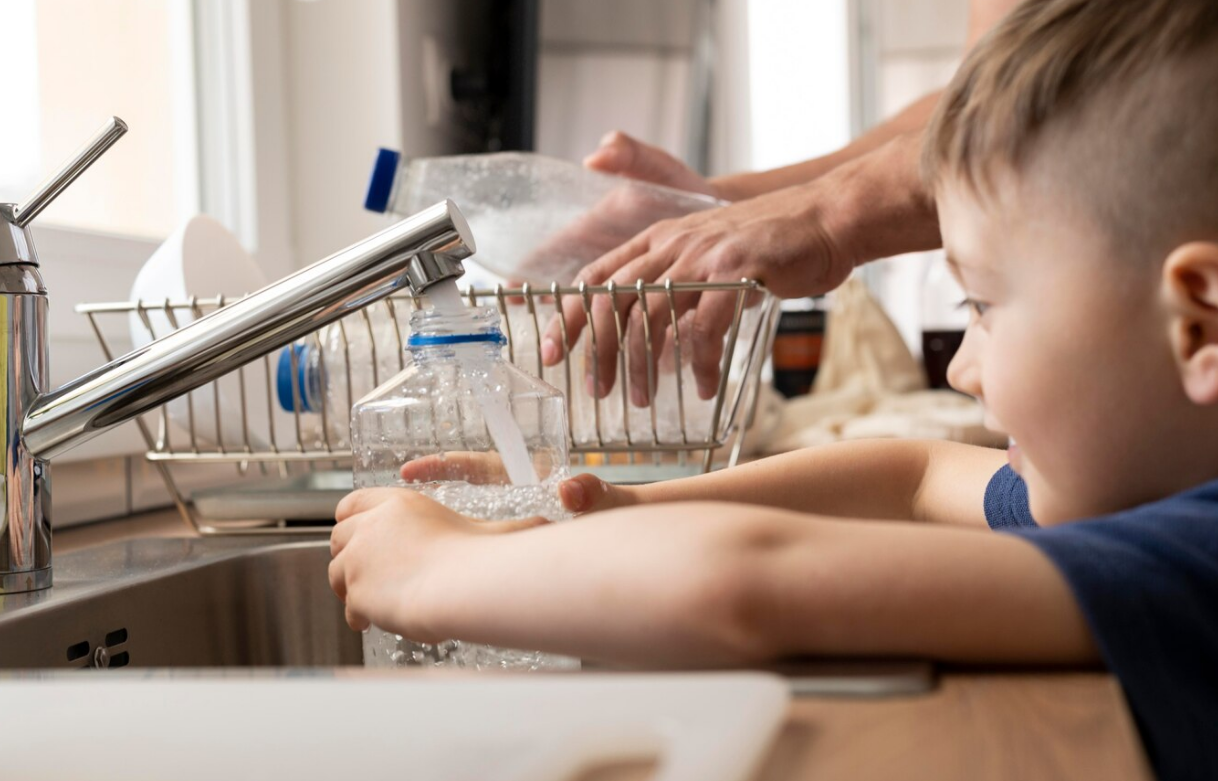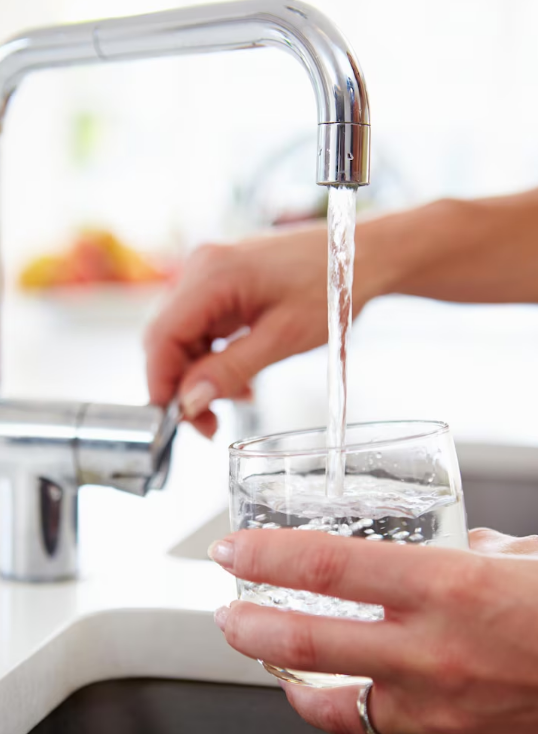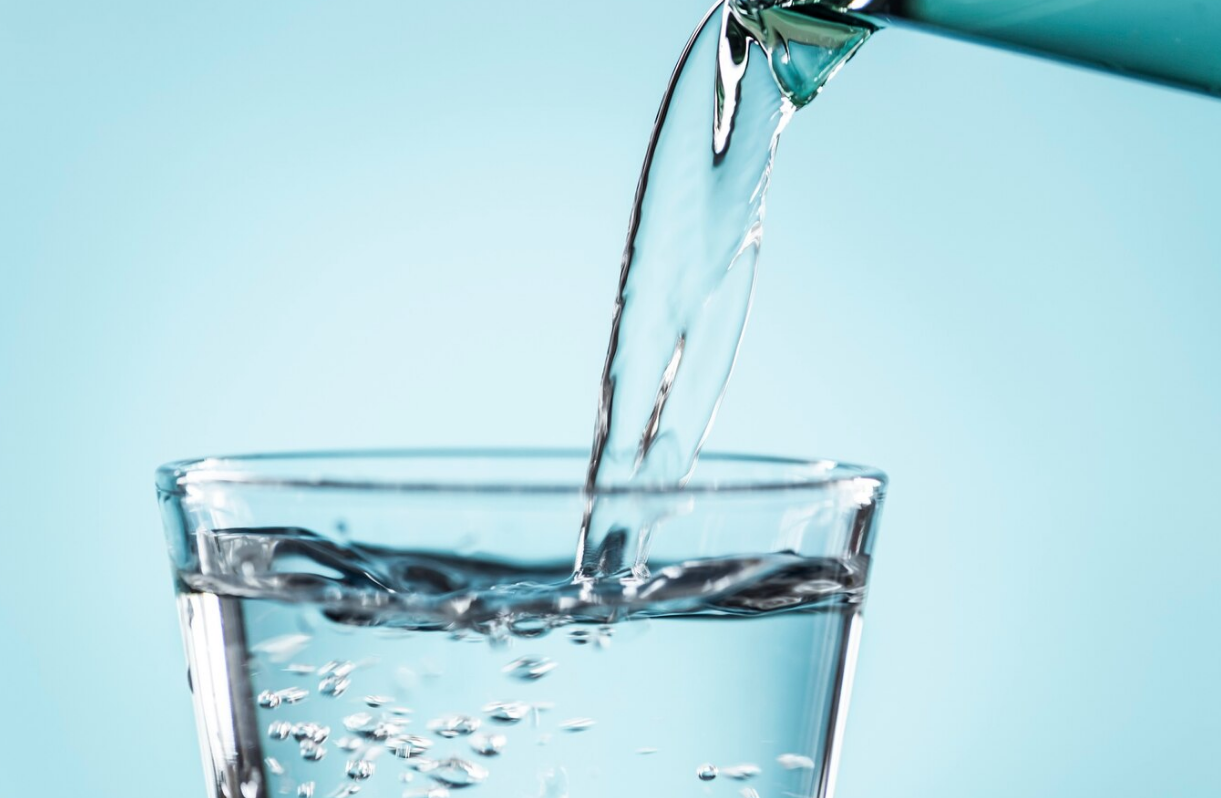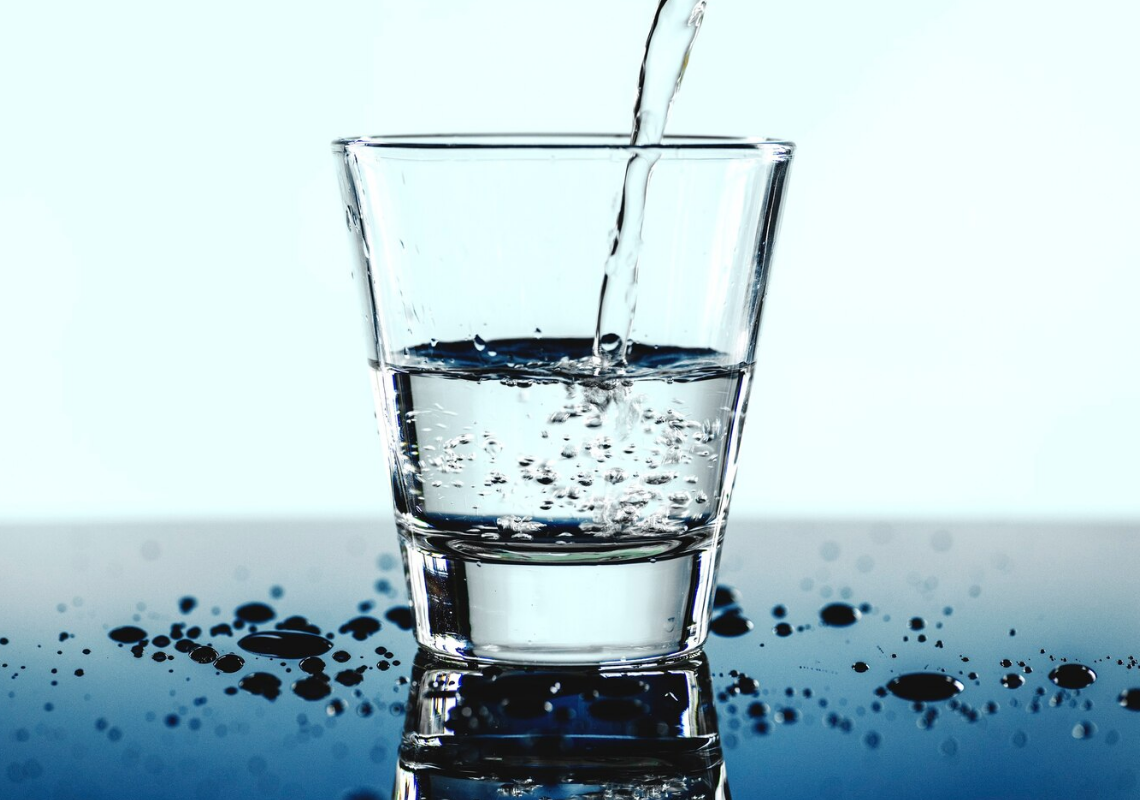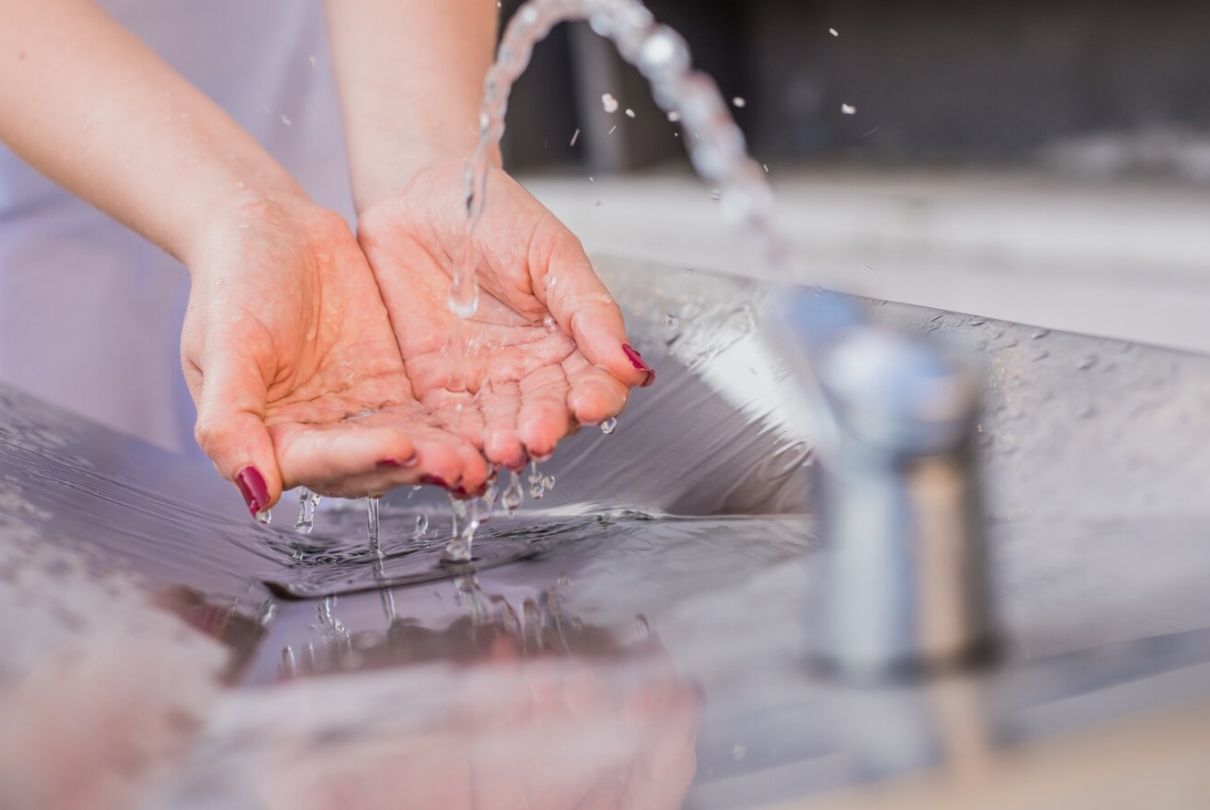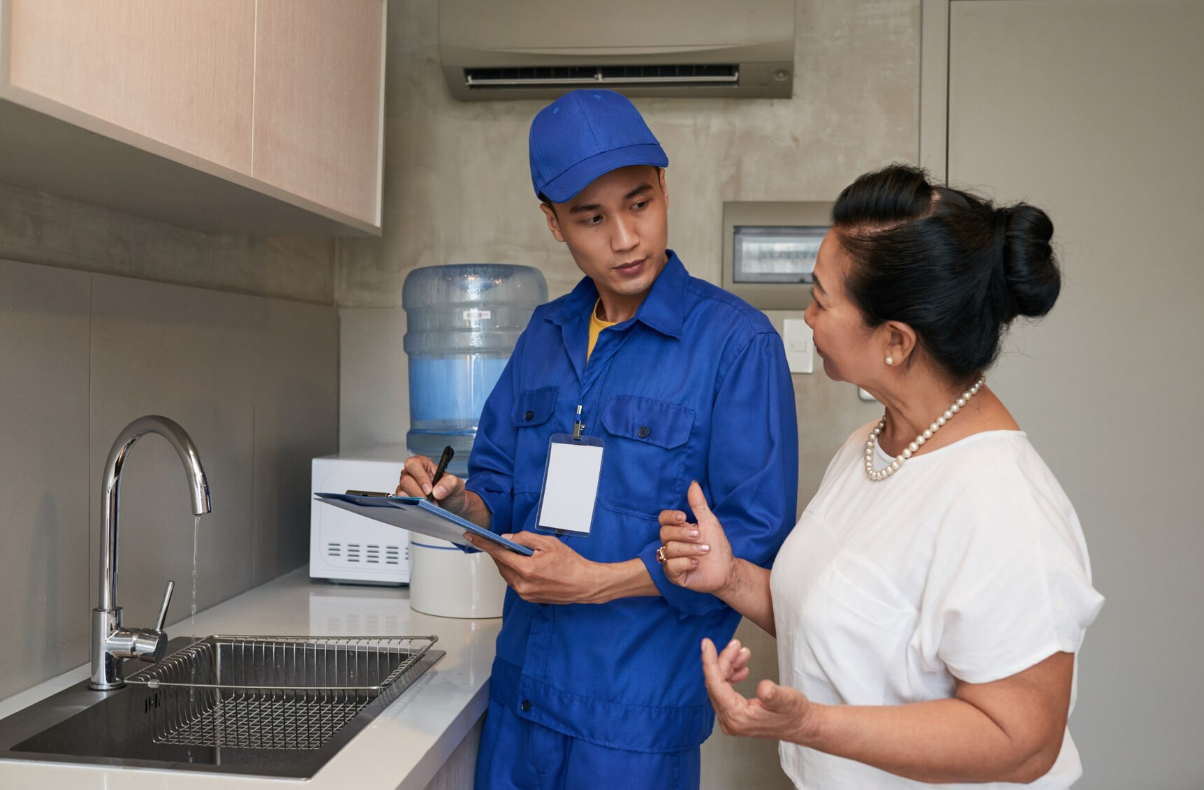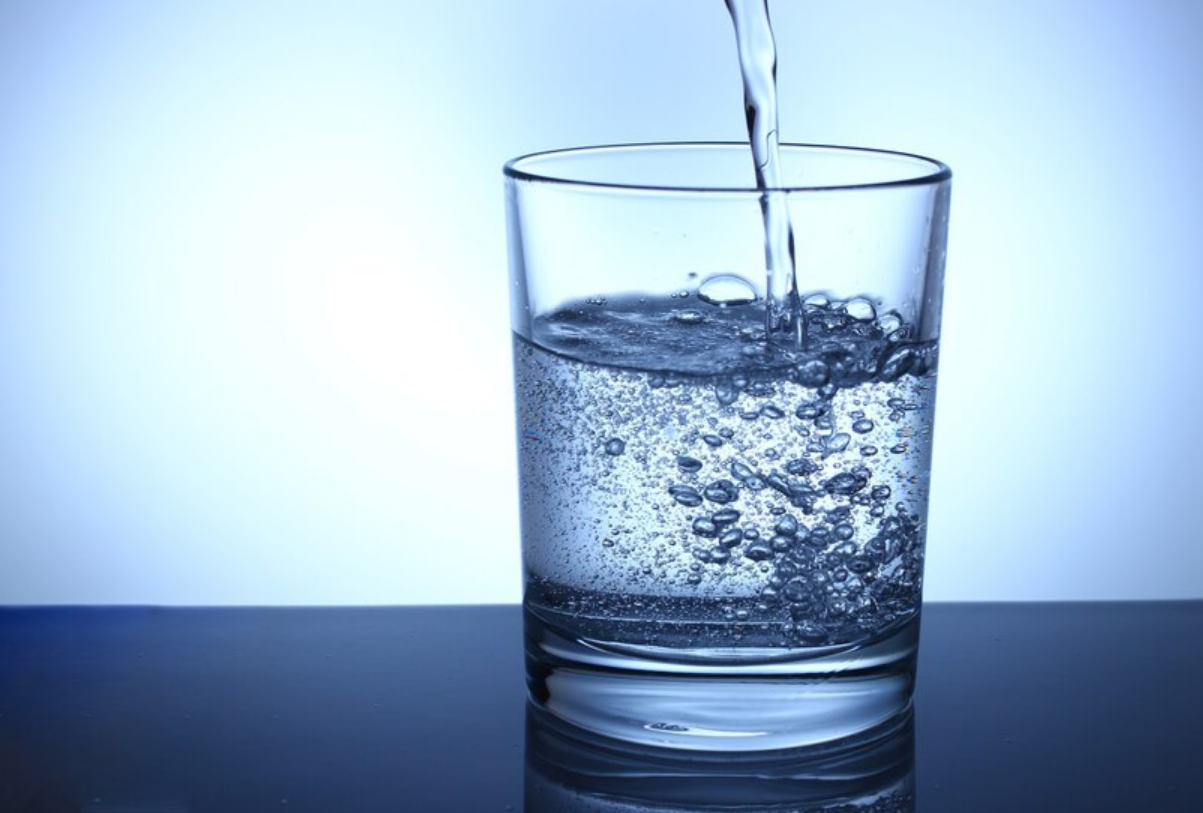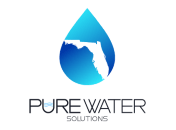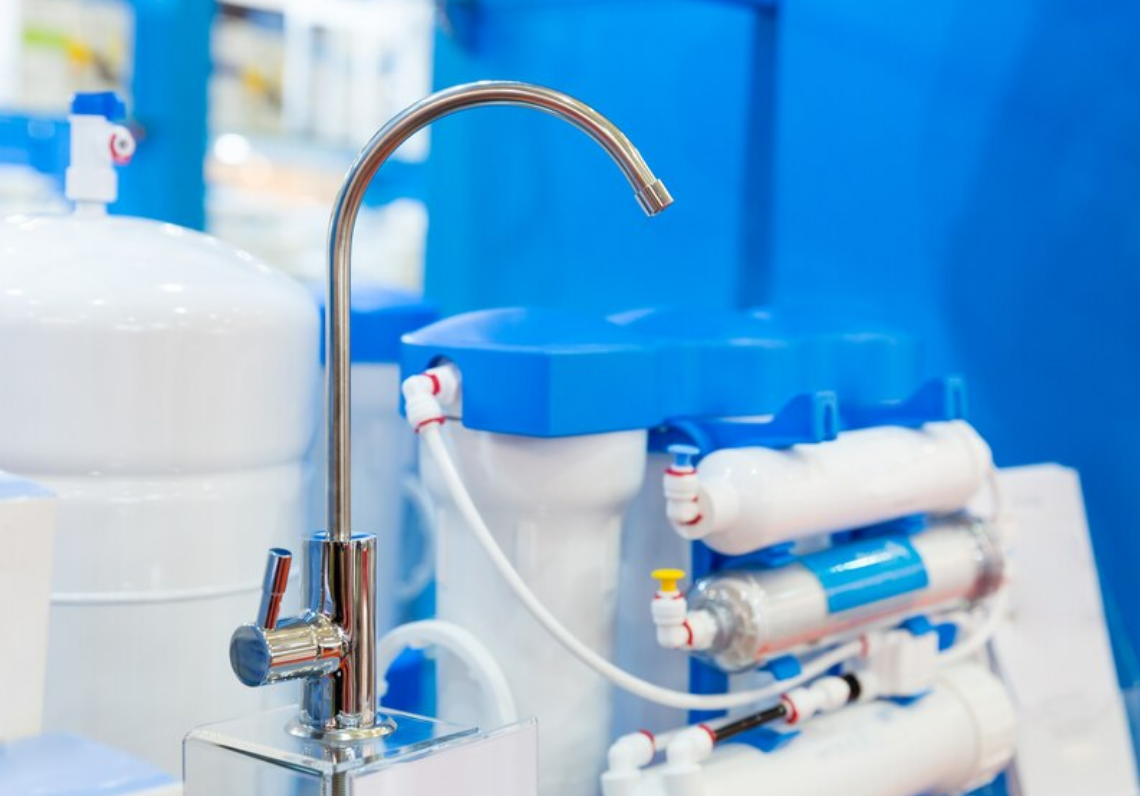How to Choose the Right Water Filter
How to Choose the Right Water Filter
To choose the right water filter, consider the type of contaminants in your water and select a filter that effectively removes them. Evaluate your water quality, flow rate, and filter lifespan to ensure it meets your needs.
Additionally, check for NSF certification and compare costs before making a decision. By understanding your specific requirements and doing thorough research, you can select the best water filter for your home. Remember, the quality of your water directly impacts your health and well-being, so investing in a reliable water filter is crucial for clean and safe drinking water.
The Importance Of Water Quality
Ensuring clean and safe drinking water is crucial for maintaining good health. The quality of the water we consume has a direct impact on our well-being. Therefore, it is essential to understand the significance of water quality and how it can be improved through the use of effective water filters.
Common Contaminants In Tap Water
Tap water can contain various contaminants that pose health risks. Common impurities found in tap water include bacteria, viruses, heavy metals, chlorine, fluoride, pesticides, and industrial pollutants. These contaminants can have detrimental effects on human health if consumed regularly.
Health Risks Of Impure Water
Consuming impure water can lead to a range of health issues, including gastrointestinal problems, weakened immune system, organ damage, and developmental issues in children. Moreover, long-term exposure to contaminated water can increase the risk of certain cancers and neurological disorders. Therefore, it is crucial to address the presence of impurities in tap water to safeguard our health.
Assessing Your Water
Before choosing a water filter, it is crucial to assess the quality of your water. This step helps determine the specific contaminants present in your water supply, guiding you in selecting the most suitable water filtration system.
Home Water Testing Kits
Home water testing kits are convenient tools that allow you to analyze your water quality at home. These kits typically test for common contaminants like chloride, total iron, manganese, water hardness, and copper. By using a home water testing kit, you can gain valuable insights into the composition of your water and identify the impurities that need to be addressed.
Professional Water Testing Services
For a more comprehensive analysis, professional water testing services are available. These services provide detailed reports on the presence of various contaminants in your water, offering a deeper understanding of your water quality. By opting for professional water testing, you can make informed decisions when selecting a water filter that effectively addresses your specific water concerns.
Understanding Filtration Technology
Choosing the right water filter can be a daunting task, but understanding filtration technology is key. Consider factors such as the type of contaminants you want to remove, the filtration method, and the flow rate to ensure you select the best water filter for your needs.
Types Of Water Filters
When choosing a water filter, it's essential to understand the different types available. Some common types include:
- Activated Carbon Filters
- Reverse Osmosis Systems
- UV Filters
- Infrared Filters
How Reverse Osmosis Works
Reverse Osmosis (RO) is a water purification process that uses a partially permeable membrane to remove ions, molecules, and larger particles from drinking water.
- Water is pushed through the RO membrane, trapping contaminants.
- Only pure water molecules can pass through, leaving impurities behind.
- The purified water is collected for consumption, while the impurities are flushed away.
Filter Effectiveness
When selecting a water filter, consider the filter effectiveness in removing contaminants like chlorine, lead, and bacteria. Look for NSF-certified filters or opt for a reverse osmosis system with a carbon filter for thorough water purification. Choose a filter that meets your household's water consumption needs.
When it comes to choosing the right water filter for your home, one of the most important factors to consider is its effectiveness in removing contaminants. With so many options available in the market, it can be overwhelming to determine which filter will provide the best results. In this section, we will explore the key aspects that contribute to the filter's effectiveness.
NSF Certification Explained
One reliable way to assess the performance of a water filter is to look for NSF certification. The National Sanitation Foundation (NSF) is an independent organization that rigorously tests and certifies filters based on their ability to remove specific contaminants. When a filter is NSF-certified, it means that it has undergone thorough testing and meets the required standards for contaminant removal. Look for the NSF certification label on the filter packaging to ensure its credibility.
Contaminants Removed By Filters
Another crucial aspect to consider is the range of contaminants that the filter can effectively remove. Different filters are designed to target specific contaminants, such as chlorine, lead, bacteria, pesticides, and more. It is important to identify the contaminants present in your water supply by conducting a water test or referring to local water quality reports. Once you know the specific contaminants, choose a filter that is capable of effectively eliminating those particular substances.
Remember, the effectiveness of a water filter can vary depending on factors such as water pressure, flow rate, and filter lifespan. It is important to follow the manufacturer's recommendations and regularly replace the filter to maintain its optimal performance. Additionally, consider the size and installation requirements of the filter to ensure it fits seamlessly into your home plumbing system.
By considering the filter's NSF certification and its ability to remove specific contaminants, you can make an informed decision and choose the right water filter that meets your needs for clean and safe drinking water.
Determining Your Needs
When it comes to choosing the right water filter for your needs, it's important to consider various factors that will help you make an informed decision. Determining your needs involves understanding your daily water usage and identifying any specific water concerns you may have.
Daily Water Usage
Understanding your daily water usage is crucial in selecting the appropriate water filter. Consider how many people are in your household and how much water is used on a daily basis. This will help you determine the capacity and flow rate required for your filter to effectively meet your needs.
It's also essential to take into account the specific water outlets that need filtration, such as faucets, showers, or even the entire house. This will help you decide whether you need a point-of-use filter or a whole-house filtration system.
Specific Water Concerns
Identifying your specific water concerns is another crucial step in choosing the right water filter. Different filters are designed to target specific contaminants, so understanding what issues you want to address is essential.
Start by testing your water to identify common contaminants such as chlorine, iron, lead, or bacteria. This can be done using a home water testing kit, which will provide valuable insights into the quality of your water.
Once you have a clear understanding of your water quality issues, you can choose a water filter that effectively removes those contaminants. Whether you need a carbon filter for chemical removal or a reverse osmosis system for comprehensive purification, knowing your specific concerns will guide you towards the right filter.
Remember to check if the filter you're considering is NSF-certified, as this ensures its effectiveness in removing contaminants.
In conclusion, determining your needs is a crucial step in choosing the right water filter. By understanding your daily water usage and specific water concerns, you can select a filter that meets your requirements and provides clean, safe drinking water for you and your family.
Filter Types And Placement
When it comes to choosing the right water filter, understanding the different filter types and their placement is crucial. The right filter can make a significant difference in the quality of your water, whether it's for drinking, cooking, or bathing. Let's explore the various filter types and placement options to help you make an informed decision for your specific needs.
Point-of-use Vs. Whole House Systems
Point-of-use water filters are installed at specific water outlets, such as faucets or showers, to treat water at that particular location. On the other hand, whole house water filtration systems are installed at the main water line, treating all the water that enters your home.
Under-the-sink Vs. Countertop Filters
Under-the-sink filters are installed beneath the kitchen sink and are connected to the existing water line. They are a great option for providing clean drinking water for cooking and drinking. Countertop filters, as the name suggests, sit on the counter and are connected to the faucet. They offer a convenient filtration solution without the need for installation.
Installation Considerations
Consider your water source's quality, filtration capacity needed, and filter maintenance requirements when choosing a water filter. Evaluate factors like contaminants present and filter types to ensure the right selection for clean, safe drinking water. Prioritize efficiency and effectiveness for optimal filtration results.
Installation Considerations: When choosing a water filter, it's important to consider the installation process. You want to make sure it's a straightforward process that won't require too much time or effort. Here are some key installation considerations to keep in mind:
Space Requirements:
Before purchasing a water filter, it's important to consider the amount of space you have available. Some filters require more space than others, so make sure to check the dimensions before making a purchase. If you have limited space, consider a filter that can be installed under the sink or on the countertop.
Ease Of Installation:
The ease of installation is another important factor to consider. Look for filters that come with clear instructions and all the necessary hardware. Some filters require professional installation, so make sure to factor in the cost of installation if necessary. When choosing a water filter, keep in mind the space requirements and ease of installation. By doing so, you can ensure a hassle-free installation process and enjoy clean, filtered water in no time.
Maintenance And Cost
When choosing a water filter, consider the maintenance and cost. Look for filters with low maintenance needs and affordable replacement parts to ensure long-term cost-effectiveness. Regular maintenance and proper care can also extend the lifespan of the filter, saving you money in the long run.
When it comes to choosing the right water filter, maintenance and cost are crucial factors to consider. Long-term maintenance is an important aspect to keep in mind before investing in a water filter. The initial investment versus ongoing costs is another factor that plays a significant role in choosing the right water filter. Let's take a closer look at both these factors in detail.
Long-term Maintenance
When choosing a water filter, it is essential to consider the long-term maintenance of the filter. Some filters require frequent maintenance, while others only need occasional cleaning. It is crucial to choose a filter that suits your needs and lifestyle. For instance, if you have a busy schedule and do not have the time to perform regular maintenance, it is best to opt for a low-maintenance filter.
Initial Investment Vs. Ongoing Costs
The initial investment versus ongoing costs is another crucial factor to consider when choosing the right water filter. Some filters may be expensive to purchase initially but have low ongoing costs, while others may be cheaper initially but have higher ongoing costs. It is important to weigh these costs against each other and choose a filter that fits your budget and needs. Here are some additional tips to consider when choosing a water filter:
- Read the label to see if the filter is NSF-certified and what contaminants it removes.
- Consider how much filtered water you need and choose a filter that can accommodate your needs.
- Think about the type of system you need and how it fits into your home.
- Consider purchasing a home water testing kit to determine the type of whole house water filtration system you need.
- Reverse osmosis systems combined with a carbon filter are considered the most effective at removing water contaminants.
In conclusion, when choosing the right water filter, maintenance and cost are crucial factors to consider. It is important to choose a filter that suits your needs and lifestyle, and fits your budget. By following these tips, you can ensure that you choose the right water filter that provides you and your family with clean and safe drinking water.
Environmental Impact
When choosing a water filter, it's crucial to consider the environmental impact of the filter system. This includes evaluating the sustainability of the filter systems and the proper disposal of used filters.
Sustainability Of Filter Systems
The sustainability of filter systems is a key consideration when choosing a water filter. Look for filters that are designed for long-term use, reducing the need for frequent replacements. Opt for filter systems that utilize renewable and eco-friendly materials in their construction. Additionally, consider filters that are certified by reputable environmental organizations for their sustainability practices.
Disposal Of Used Filters
Proper disposal of used filters is essential to minimize the environmental impact of water filtration systems. Seek filters that are recyclable or have a take-back program to ensure responsible disposal. Some manufacturers offer instructions or resources for safely disposing of used filters, preventing them from ending up in landfills or causing harm to the environment.
Conclusion
Choosing the right water filter is crucial for ensuring that you have access to clean and safe drinking water. With the wide range of options available in the market, it can be a daunting task to make the right choice.
However, by considering factors such as the type of contaminants in your water, filtration technology, and your budget, you can find a water filter that meets your needs. Remember to also check for certifications and reviews to ensure that the filter is effective and reliable.
With the right water filter, you can enjoy the benefits of clean and healthy water for you and your family.
